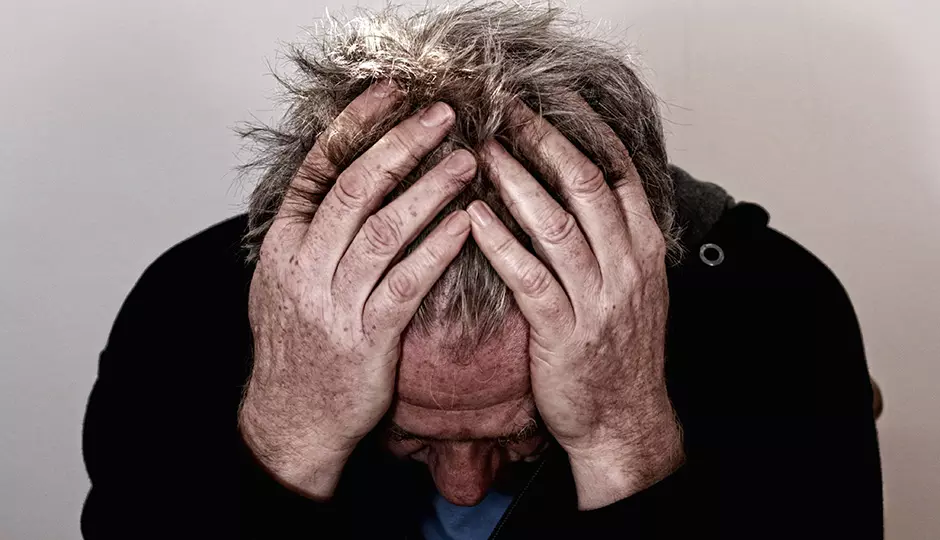Hair loss can occur for a variety of reasons and can affect your scalp or your entire body and can be a temporary or permanent condition. While hair loss is more common in men than in women, it can affect anyone at any age. For example, it can result from genetics, hormonal changes, medical conditions, or the normal aging process.
Common Types of Hair Loss
There are several types of hair loss, each with unique causes and treatments. Some of the most common types include:
Androgenetic Alopecia
The most common type of hair loss is androgenetic alopecia. Also known as male or female pattern baldness, androgenetic alopecia is a progressive hereditary condition. While the exact cause of genetic hair loss is unknown, researchers believe it is related to a hormone called dihydrotestosterone (DHT). A derivative of the male hormone testosterone, DHT has been shown to cause the miniaturization of hair follicles. Affected hair follicles can no longer produce healthy hair and instead make thinner and more delicate strands before being unable to grow hair at all.
Alopecia Areata
Alopecia areata is an autoimmune disorder. Autoimmune diseases are conditions where your immune system creates antibodies that attack healthy cells. In the case of alopecia areata, the immune system produces antibodies that attack the hair follicles, leading to hair loss on the scalp, face, and other body areas.
Traction Alopecia
Traction alopecia is hair loss caused by constant tension on the hair that damages the hair follicles. The continuous pulling or tugging caused by tight hairstyles such as buns, braids, or ponytails are often associated with traction alopecia.
Telogen Effluvium
Telogen effluvium is a reversible hair loss condition that causes hair to fall out after a stressful experience. Periods of intense stress can produce many symptoms, including causing large numbers of hair follicles to enter the resting stage of the hair cycle. Typically, within a few months of a stressful experience, these hairs will begin falling out. Telogen effluvium can be caused by physical stress such as surgery, childbirth, severe illness, and mental stress such as moving, a job change, or losing a loved one. When the stress is no longer an issue, the hair growth cycle will return to normal, and usually, your hair will regrow without treatment.
Common Causes of Hair Loss
While hair loss has many causes, it is commonly related to one or more of the following factors:
- Family history. Genetics is the most common cause of hair loss. While the symptoms are different for men and women, male or female pattern baldness usually occurs in a predictable pattern.
- Hormonal changes and medical conditions. Hair loss is often the result of a hormone imbalance. Hormonal changes due to pregnancy, childbirth, or menopause can all affect the growth of your hair.
- Medications and supplements. Some drugs, such as those used to treat depression, arthritis, heart disease, high blood pressure, and cancer, can cause hair loss. Additionally, the radiation therapy used to treat cancer patients may cause temporary hair loss, and hair may not grow back the same after treatment.
- Hairstyles and treatments. Tight hairstyles such as braids and cornrows can pull the hair and cause traction alopecia. Many chemical treatments can also damage your hair, as can hot styling tools.
What Can You Do About Hair Loss?
While there is no cure for hair loss, there are treatment options available for men and women that will help you keep the hair you have and may help to stimulate regrowth. Hair loss is often the result of several factors, so it's crucial to correctly determine the type of hair loss and the cause to treat your condition effectively.
At New Image Hair Clinic, our team of professional hair specialists can help with potentially pinpointing the cause of your hair loss and find you a solution that will work best for your hair loss needs. Contact us today and schedule your FREE initial consultation to learn how we can help with your hair loss.



